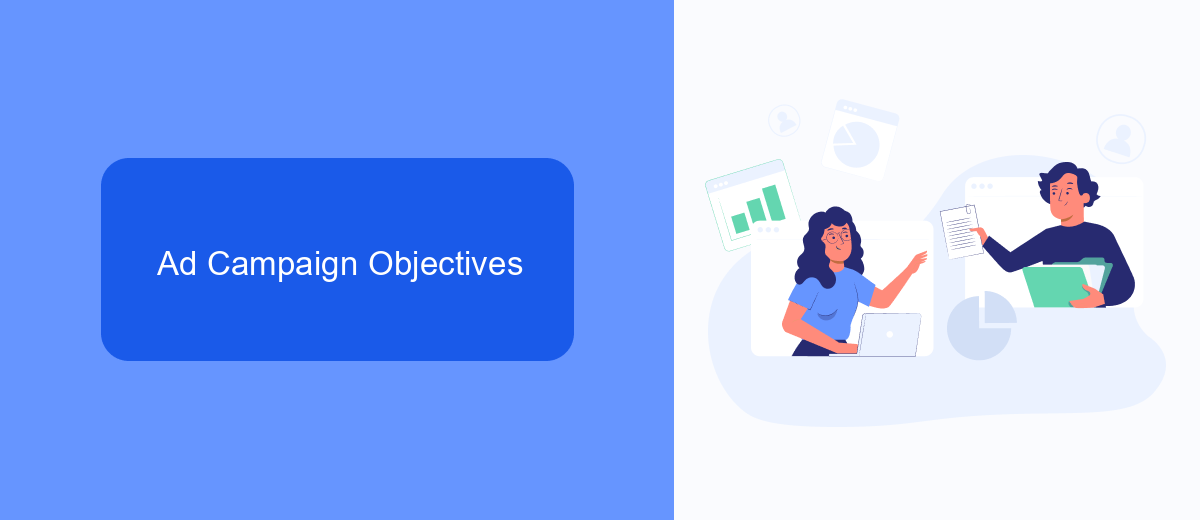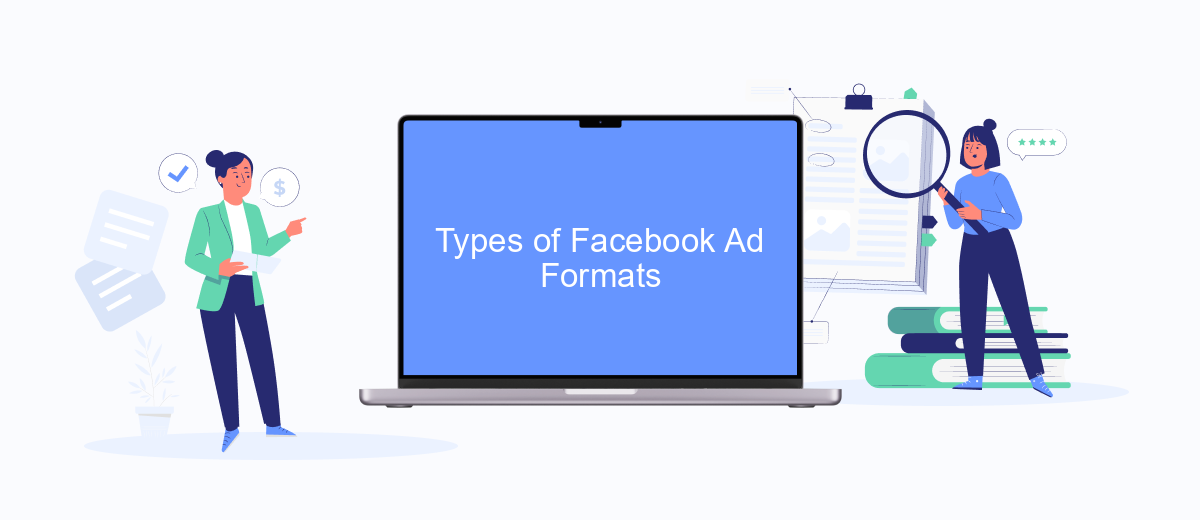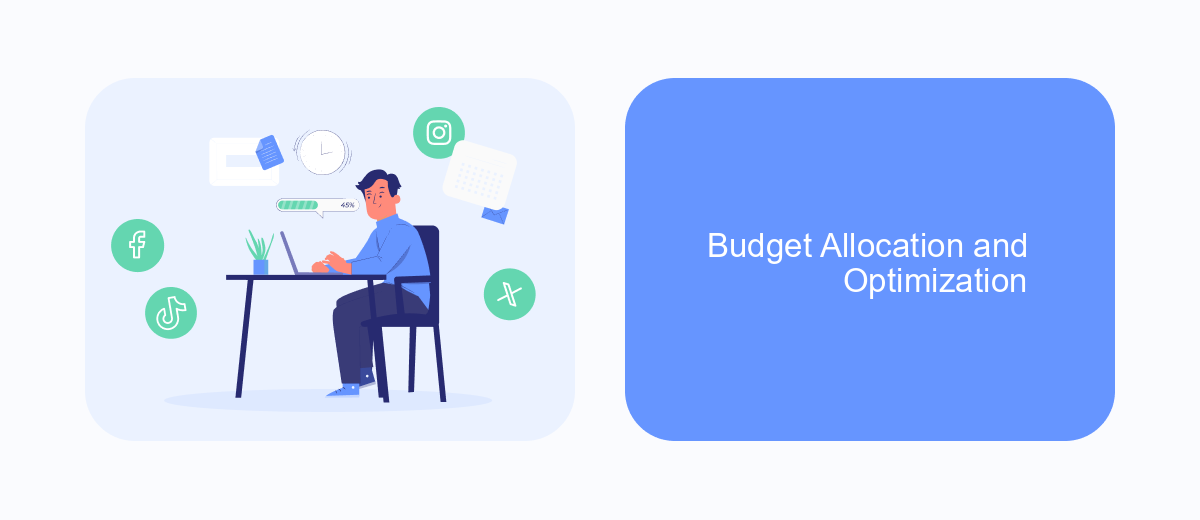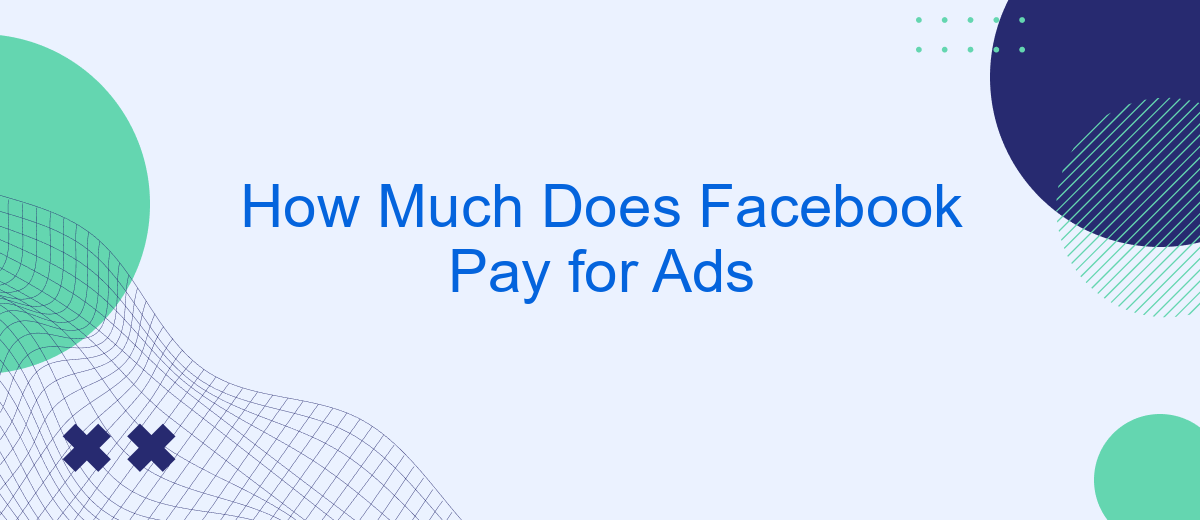Understanding how much Facebook pays for ads is crucial for businesses looking to optimize their marketing budgets. This article delves into the various factors that influence Facebook ad costs, from bidding strategies to audience targeting. By examining these elements, you can gain insights into how to maximize your advertising spend and achieve better ROI on the platform.
How Much Facebook Pays for Ads
Facebook's advertising costs can vary widely depending on several factors including target audience, ad placement, and campaign objectives. On average, businesses might spend anywhere from a few cents to several dollars per click or impression. Understanding these costs can help businesses budget effectively and optimize their ad spend.
- Cost per Click (CPC): Typically ranges from #sml_subkey-0-section-html#.50 to .00.
- Cost per Thousand Impressions (CPM): Generally falls between .00 to .00.
- Cost per Action (CPA): Varies greatly depending on the desired action, often between .00 to .00.
To maximize the efficiency of your Facebook advertising budget, consider using integration services like SaveMyLeads. This platform helps automate the process of capturing and managing leads from Facebook ads, ensuring that you can focus on optimizing your campaigns rather than handling administrative tasks. By leveraging such tools, businesses can achieve better ROI and streamline their marketing efforts.
Ad Campaign Objectives

When setting up a Facebook ad campaign, it's essential to define your objectives clearly. Facebook offers a variety of ad campaign objectives tailored to different business goals, such as brand awareness, lead generation, and conversions. By selecting the right objective, you can ensure that your ads reach the most relevant audience and achieve your desired outcomes. For example, if your goal is to increase brand awareness, you might choose an objective that focuses on reaching a broad audience. On the other hand, if you aim to drive sales, a conversion-focused objective would be more appropriate.
Integrating your ad campaigns with other services can further enhance their effectiveness. For instance, using SaveMyLeads, you can automate the process of capturing and managing leads generated from your Facebook ads. This service allows you to seamlessly transfer lead information to your CRM or email marketing platform, ensuring that no potential customer slips through the cracks. By leveraging such integrations, you can streamline your marketing efforts and maximize the return on your advertising investment.
Types of Facebook Ad Formats

Facebook offers a variety of ad formats to cater to different marketing goals and audience preferences. Each format is designed to help advertisers achieve specific objectives, whether it's driving traffic, engagement, or conversions.
- Image Ads: Simple and effective, these ads use a single image to capture attention and convey the message quickly.
- Video Ads: Great for storytelling, video ads can be short clips or longer videos that engage viewers with dynamic content.
- Carousel Ads: These ads allow multiple images or videos in a single ad, ideal for showcasing different products or features.
- Slideshow Ads: Combining multiple images, text, and sound, slideshow ads are lightweight and quick to load, even on slow connections.
- Collection Ads: Perfect for mobile users, these ads feature a cover image or video followed by several product images that users can explore.
To maximize the efficiency of your Facebook ad campaigns, consider integrating with services like SaveMyLeads. This platform automates lead processing and helps streamline your marketing efforts, ensuring you get the most out of your ad spend.
Budget Allocation and Optimization

Effective budget allocation and optimization are crucial for maximizing the return on investment (ROI) for Facebook ads. By strategically distributing your budget, you can ensure that your ads reach the right audience at the right time, enhancing overall campaign performance.
One important aspect of budget allocation is understanding your target audience and their behaviors. This involves segmenting your audience based on demographics, interests, and past interactions. Once segmented, you can allocate a larger portion of your budget to high-performing segments while experimenting with smaller budgets for new or underperforming segments.
- Utilize Facebook's budget optimization tools, such as Campaign Budget Optimization (CBO).
- Regularly monitor and adjust your ad spend based on performance metrics.
- Consider using SaveMyLeads to automate lead generation and integrate with your CRM for better data management.
- Test different ad creatives and formats to determine what resonates best with your audience.
By continuously analyzing performance data and adjusting your budget accordingly, you can optimize your Facebook ad campaigns for better results. Tools like SaveMyLeads can streamline the process by automating data integration, allowing you to focus on strategic decisions rather than manual data entry.
Performance Monitoring and Reporting
Performance monitoring and reporting are crucial for optimizing your ad spend on Facebook. By closely tracking key performance indicators (KPIs) such as click-through rates (CTR), conversion rates, and return on ad spend (ROAS), you can make informed decisions to improve your campaigns. Regular analysis helps identify trends, uncover areas for improvement, and ensure that your ads are resonating with your target audience. Utilizing Facebook's Ads Manager, you can access detailed insights and generate reports to evaluate the effectiveness of your advertising strategies.
To streamline the process, integrating third-party tools like SaveMyLeads can be highly beneficial. SaveMyLeads simplifies data collection and reporting by automatically transferring lead information from Facebook Ads to your CRM or other marketing platforms. This integration not only saves time but also ensures that your data is accurate and up-to-date, enabling more precise performance analysis. By leveraging such tools, you can maintain a continuous feedback loop, allowing for real-time adjustments and ultimately enhancing the overall success of your Facebook ad campaigns.
- Automate the work with leads from the Facebook advertising account
- Empower with integrations and instant transfer of leads
- Don't spend money on developers or integrators
- Save time by automating routine tasks
FAQ
How much does Facebook charge for ads?
What factors influence the cost of Facebook ads?
How can I optimize my Facebook ad spend?
Are there any tools to help manage and automate Facebook ads?
What is the minimum budget required to run Facebook ads?
If you use Facebook Lead Ads, then you should know what it means to regularly download CSV files and transfer data to various support services. How many times a day do you check for new leads in your ad account? How often do you transfer data to a CRM system, task manager, email service or Google Sheets? Try using the SaveMyLeads online connector. This is a no-code tool with which anyone can set up integrations for Facebook. Spend just a few minutes and you will receive real-time notifications in the messenger about new leads. Another 5-10 minutes of work in SML, and the data from the FB advertising account will be automatically transferred to the CRM system or Email service. The SaveMyLeads system will do the routine work for you, and you will surely like it.

